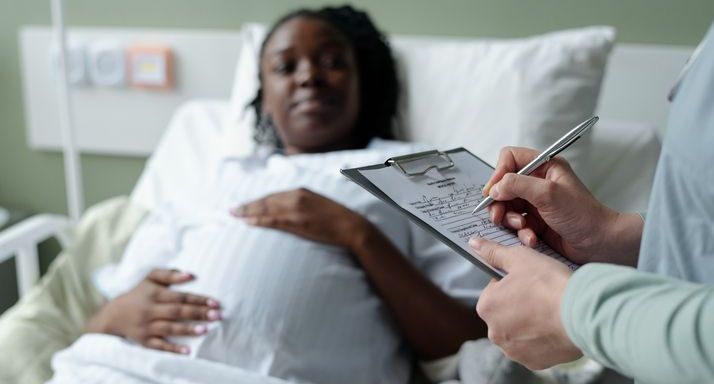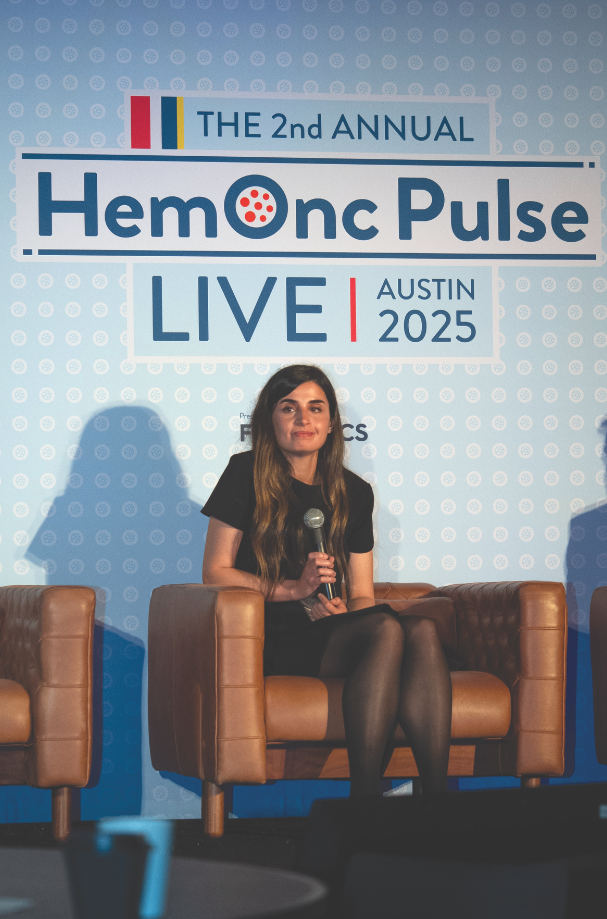
In point-of-care clinical decision-making for patients with non-Hodgkin lymphoma (NHL) who are undergoing chimeric antigen receptor (CAR) T-cell therapy (CAR-T), use of machine learning appears to be valuable, according to new research.1
Through machine learning with InflaMix, researchers identified patients with NHL who had a greater likelihood of disease relapse and mortality. InflaMix also demonstrated the ability to predict tumor burden and other outcomes.
“Prior studies had hinted that inflammation might be a risk factor for poor CAR T cell efficacy,” said study lead author Sandeep Raj, MD, medical oncologist at Memorial Sloan Kettering Cancer Center, in a statement to the press.2 “Our goal was to refine this concept and build a robust and reliable clinical tool that characterizes inflammation in the blood and predicts CAR T outcomes.”
The study assessed 3 cohorts of 688 patients with NHL who were treated at different cancer centers. When tested, the machine learning tool showed an enriched inflammatory cluster for patients with elevated inflammatory markers and cytokines, primary refractory disease, and disease burden factors such as lactate dehydrogenase and radiomic characteristics, underscoring that the predictive value machine learning has for poor clinical outcomes extends beyond known drivers of CAR-T treatment failure.1
“InflaMix could be used to reliably identify patients who are about to be treated with CAR T and are at high risk for the treatment not working,” said study co-author Marcel Van den Brink, president of City of Hope Los Angeles and City of Hope National Medical Center, in a press release.2 “By identifying these patients, doctors may be able to design new clinical trials that can boost the effectiveness of CAR T with additional treatment strategies.”
References
- Raj S, Fei T, Fried S, et al. An inflammatory biomarker signature of response to CAR-T cell therapy in non-Hodgkin lymphoma. Nat Med. Published April 1, 2025. doi:10.1038/s41591-025-03532-x
- Researchers develop test using machine learning to help predict immunotherapy response in lymphoma patients. News release. City of Hope. April 1, 2025. Accessed April 1, 2025. https://www.cityofhope.org/researchers-develop-test-using-machine-learning-to-help-predict-immunotherapy-response-in-lymphoma






 © 2025 Mashup Media, LLC, a Formedics Property. All Rights Reserved.
© 2025 Mashup Media, LLC, a Formedics Property. All Rights Reserved.